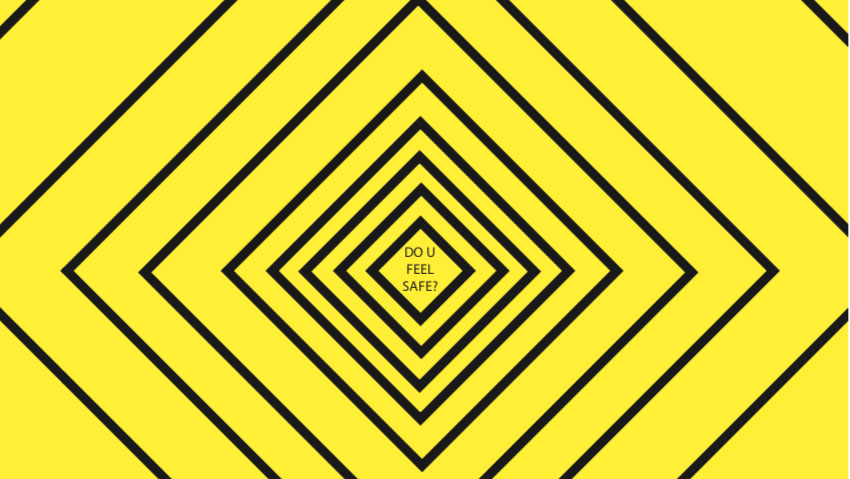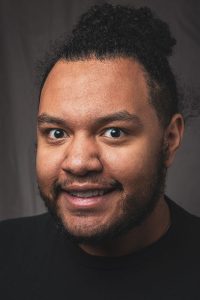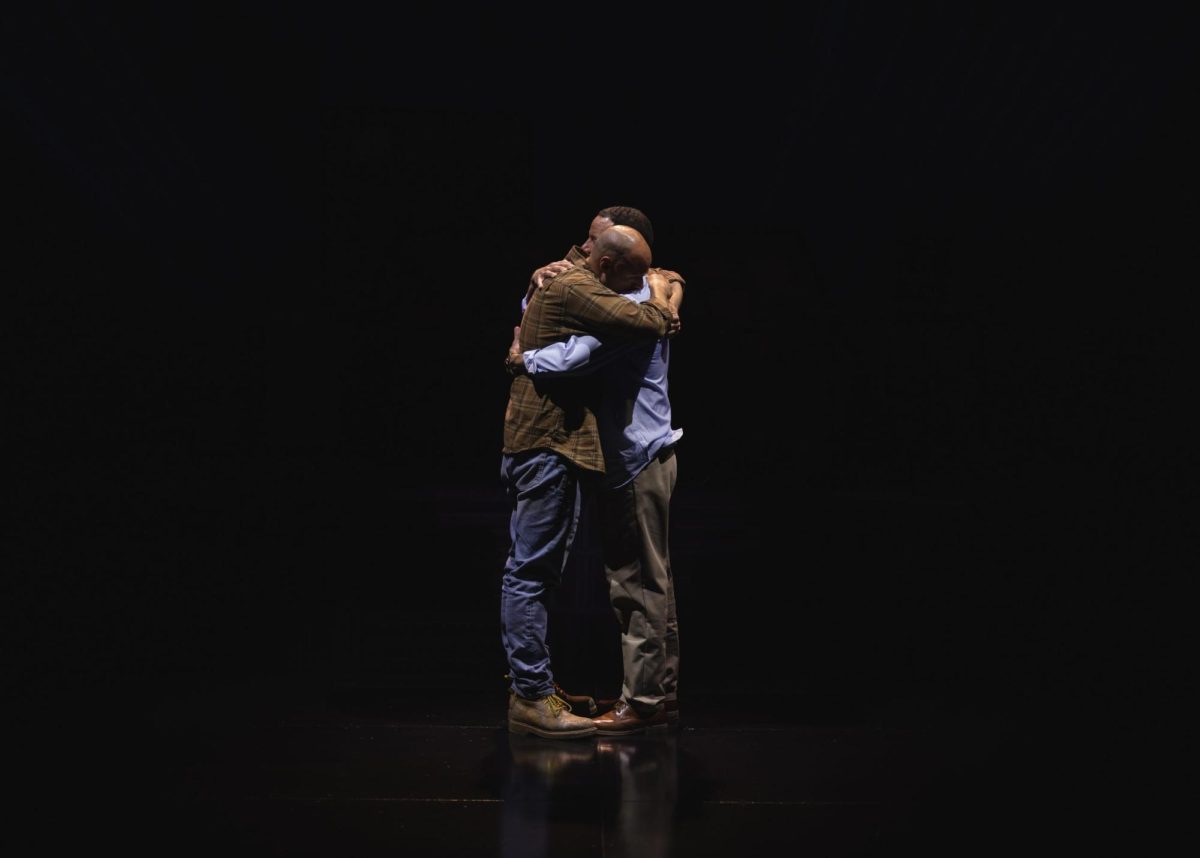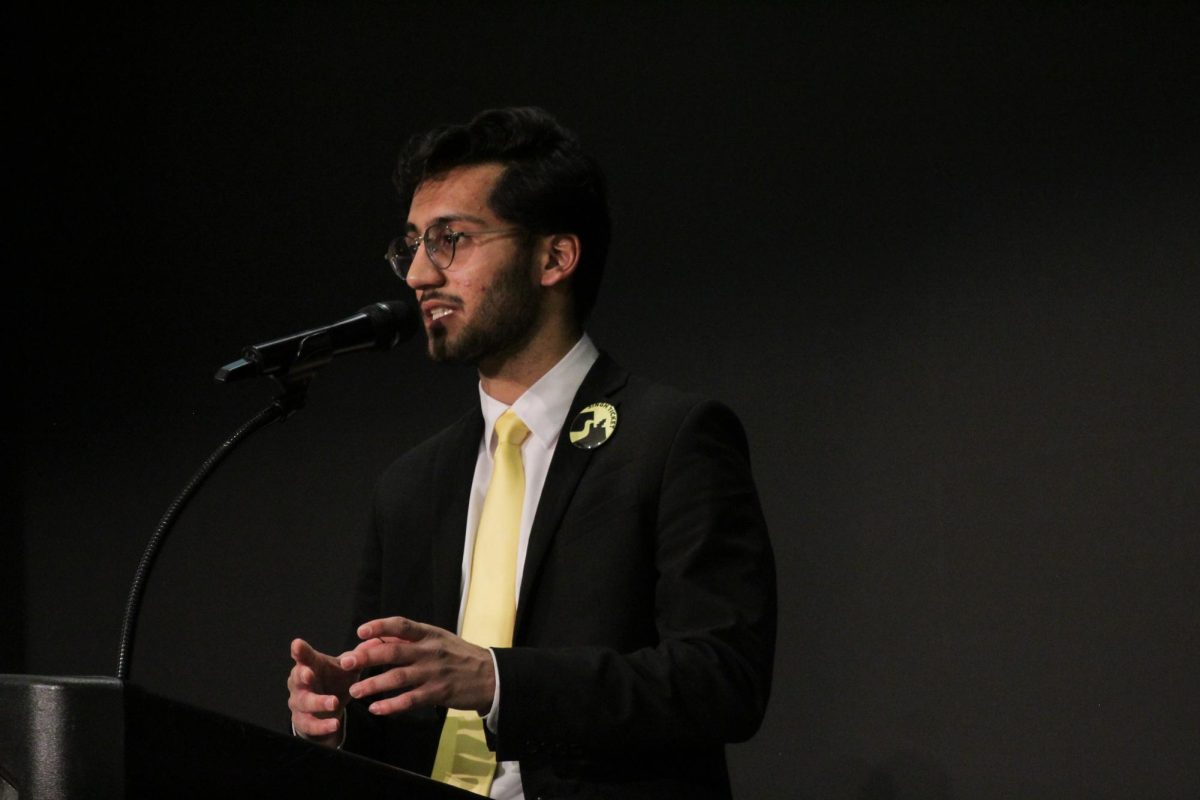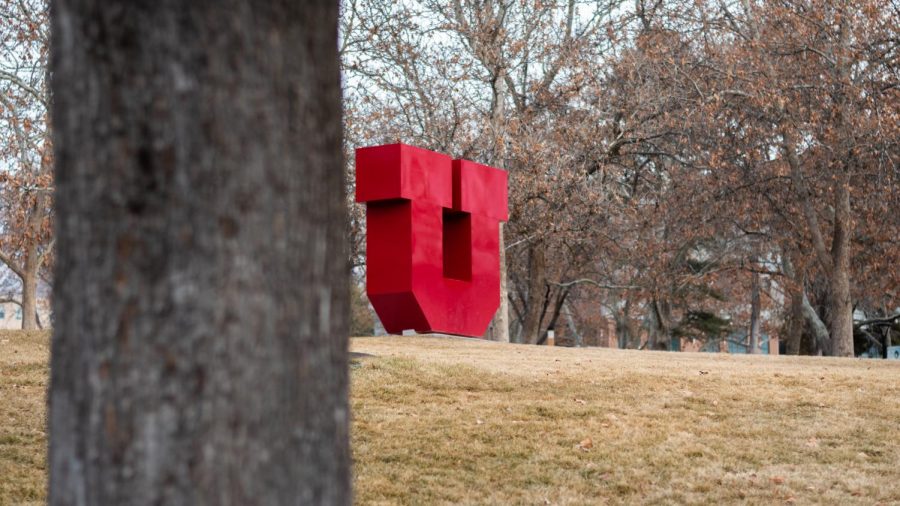Are U SAFE?
January 29, 2020
Students for Action Focused Empowerment is a newly formed student-led group at the University of Utah. Their goal is to “improve the overall perception of safety, the culture related to safety, and raise overall standards of safety.”
“It started off just hearing about a lot of the safety issues around campus,” said Aarushi Rohaj, the president of SAFE. “I thought it’d be interesting to have a group of students that could help raise awareness about safety on campus and increase our communication so that more students are aware of the resources that are on campus. From there, I spoke with a few faculty and mentors and they suggested that I start an organization.”
The executive board consists of Rohaj as President, “Tim Harris our vice president, and Sabah Sial as the treasurer. The three of us have been working together to recruit more students, get more faculty on board and raise awareness to campus safety overall,” Rohaj said.
“We have five different committees dedicated to specific concerns around campus. We have the mental health committee, dating culture, campus infrastructure awareness, students and campus police communication and diverse inclusion on campus,” Rohaj said. “Each of those committees will focus on that specific concern and within those, they’ll have about five, 10, 15 students that will be working on one committee as well as an advisor to help work with them. Together they will help spread awareness about that one safety concern.”
They are spreading awareness “by having forums and group discussions with faculty who are more experienced. For example, last Monday [Jan. 13] we had a discussion session. There, about 10-15 students attended, and we also had Lt. Jason Hinojosa, the Associate Vice President for Student Affairs, and Jason Ramirez, the dean of students. They all came and were asked a lot of questions, some about the police department, some about how to make a better connection between the faculty members there,” Rohaj said.
“Recently reading the news about the party that was thrown for the departing safety chief, the U spent a lot of money on that, and it was really frustrating,” said Ethan Peterson, a sophomore in computer science on what the group should discuss.
“I’ve had a lot of friends report professors saying racist or sexist things so maybe a more obvious way for students in those situations to report them. Which I feel a lot of students don’t do/know about,” said Amy Zhan, a senior in biology, about things the group should address in their meetings.
SAFE, however, wants to make a change no matter the issue “through discussion sessions, forums, tabling is also a great way, but largely just by building that connection,” Rohaj said.
“We want to be very collaborative with all the resources on campus,” she said. “We’re really trying to branch out and get it so all different student groups can collaborate together to hopefully teach together.”
Another aim for SAFE is building trust within the campus community.
“There have been a lot of different events going on around campus and I feel we have lost a lot of that trust within the university. If they aren’t trying to rebuild that trust, we don’t have increased communication with faculty members and students around campus. So we are trying to bring back that trust,” Rohaj said. “We are mostly trying to foster a safe and positive environment around the university so that trust can be rebuilt with students and faculty.”
To make sure to meet those goals, SAFE will work on responding to someone reporting directly to them. “First, we would categorize which SAFE committee that event would [be] most specific to. Once we’ve done that — since there’s a specific faculty-mentor that has their hand in that specific safety concern — we would take that concern to that mentor and use their connection to act upon that,” Rohaj said. “Since we have these faculty mentors being a part of each committee, we have a direct connection with administration so that will help in enacting change quickly.”
SAFE has platforms on Instagram, Twitter and Facebook , and the group can be found on Campus Connect for more information. To report something directly to SAFE, visit their contact page or send them a message through their email.
This article was originally published on print on Jan. 27. In the print edition, Aarushi Rohaj’s name was misspelled. This has been corrected in the online edition.


